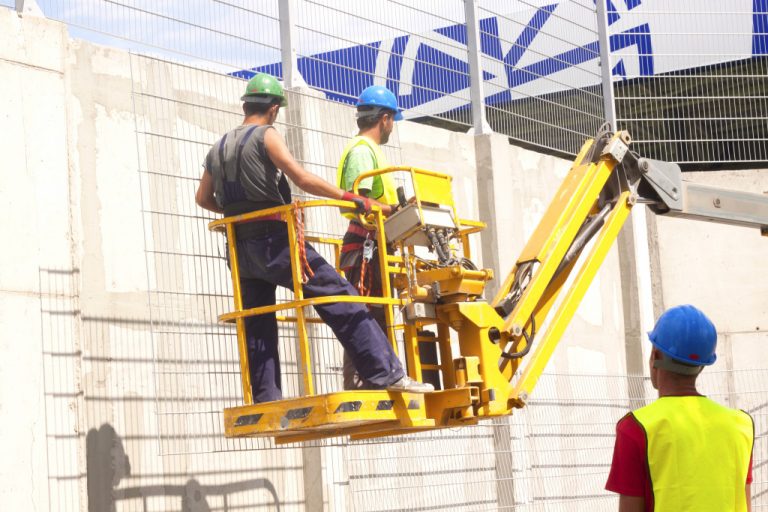There are plenty of ways to land a job in the construction industry. For one, you can take the traditional path which includes getting a degree and applying for employment straight out of university. And then the other path is a more informal one — working as an apprentice directly under a skilled craftsman.
No matter what approach you take to begin your career in construction, you must know that the learning doesn’t stop once you step on-site. In fact, it’s even more important for you to continuously improve your knowledge and hone your skills because you’re making buildings out of raw materials.
One of the best ways to do this is to get certified as an expert in a specific line of work. For instance, you can apply for certification to operate heavy machinery, seeing as that can be a dangerous job and would, therefore, need extra training to handle it properly. Pursuing certifications can help you advance your career.
Of course, you don’t have to apply for every training program that you see, especially if it’s not in line with the path you’re pursuing. It would be pointless to earn a certification for management if you have no plans of working in a managerial position. So, to help you get started on the right foot, here are five certifications that may come in handy:
OSHA’s Outreach Training Program
The Occupational Safety and Health Administration (OSHA) is a regulatory agency that aims to keep workplaces safe from harm. They hold frequent voluntary Outreach Training Programs for workers who want to learn about basic and advanced training concerning health hazards while on the job.
By completing a 10-hour or 30-hour training program about how to be safe while in the worksite and how you won’t be a danger to others, you will be able to receive the OSHA completion card. This is perfect because a lot of worksites tend to require their workers to have a Department of Labor card.
The OSHA card can be likened to UK’s Construction Skills Certification Scheme (CSCS) card, which allows workers to enter any site in the country. Of course, before anyone gets the CSCS card, they would first have to pass the Construction Industry Training Board’s (CITB) Health, Safety, & Environment test to gauge their knowledge and skills about safety while on-site.
ACI’s Concrete Certifications
The American Concrete Institute offers 30 different certification courses on everything there is to know about concrete. To the average person, mixing concrete may appear as simple as diluting it with water, but those who understand the science behind it will know that there is so much more to working with concrete than meets the eye.
Plenty of local, national, and international organizations often require the presence of an ACI-certified professional on-site during construction projects because they are knowledgeable about how to work with concrete. If you want to get certified, you would need to take a test and earn your certification.

NCCCO’s Crane Operator Tests
The National Commission for the Certification of Crane Operators (NCCCO) is a non-profit organization that aims to develop an effective standard for the performance of safe crane operations. A lot of the accidents with heavy machinery involve the lack of ample operator training, which is why these certifications are important.
If you want to work on-site as a crane operator or inspector, or even a lift director, you must first undergo training and accomplish the exams to get certified. This will allow you to operate your crane and promote a safe working environment not only for you but also for your co-workers.
GBCI’s LEED Programs
The Green Business Certification Inc. (GBCI) offers Leadership in Energy and Environmental Design (LEED) professional certification programs to those who want to be proficient in green building and design methods. This program also teaches workers the fundamentals of sustainable building practices.
If you want to become or work with the global leaders for green construction, you could apply for the LEED program and earn a Green Associate credential. Once you finish that, you can also pursue further advanced certifications under LEED to learn more about sustainable practices in the construction industry.
As mentioned earlier, you won’t need to collect certifications just for the sake of having them, especially if they won’t help you advance your career. Getting certified can show your current and future employers that you are dedicated to improving your skills, but they also cost valuable resources to pursue. So, choose the appropriate certifications based on the career trajectory you want to be on.





